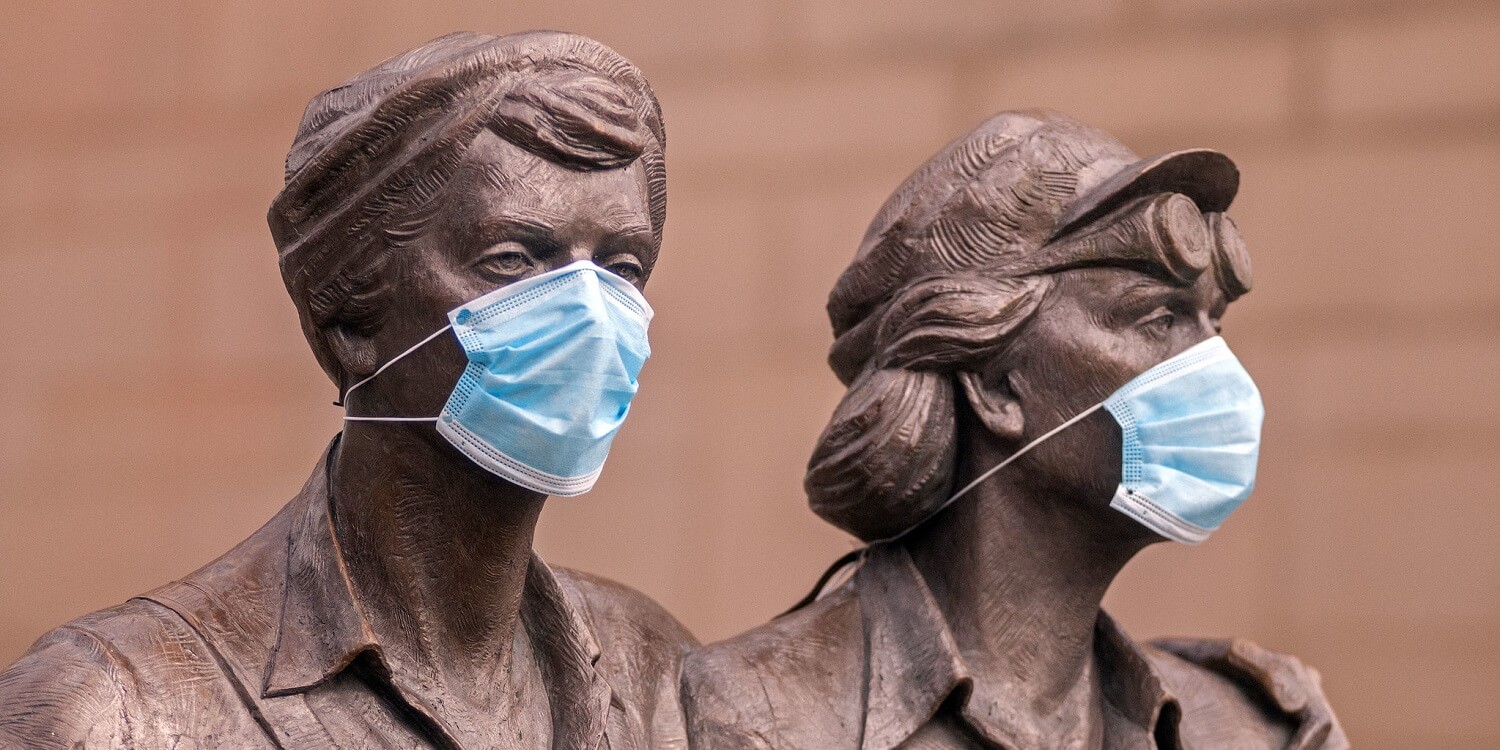
The webinar addressed two questions:
Watch the recordings:
(Times refer to UTC)
| 10:00 – 10:05 | Welcome by Sari Hanafi |
| 10:05 – 10:10 | Introduction to the topic by Craig Calhoun |
| 10:10 – 10:45 | Keynote lecture by Deborah Lupton In this presentation, Lupton will discuss how sociological perspectives and methods can be used to understand the global impacts of the COVID-19 crisis, from the microlevel of people’s experiences of everyday life to the broader socioeconomic and political dimensions. Lupton will also consider how sociological research methods have adapted to the constraints of the COVID crisis and the contributions of interdisciplinary explorations in strengthening and expanding the scope and depth of sociological analyses. ▶ Download the slides |
| 10:45 – 11:10 | Comments from the discussants, Q&A |
| 11:10 – 11:15 | Closing remarks |
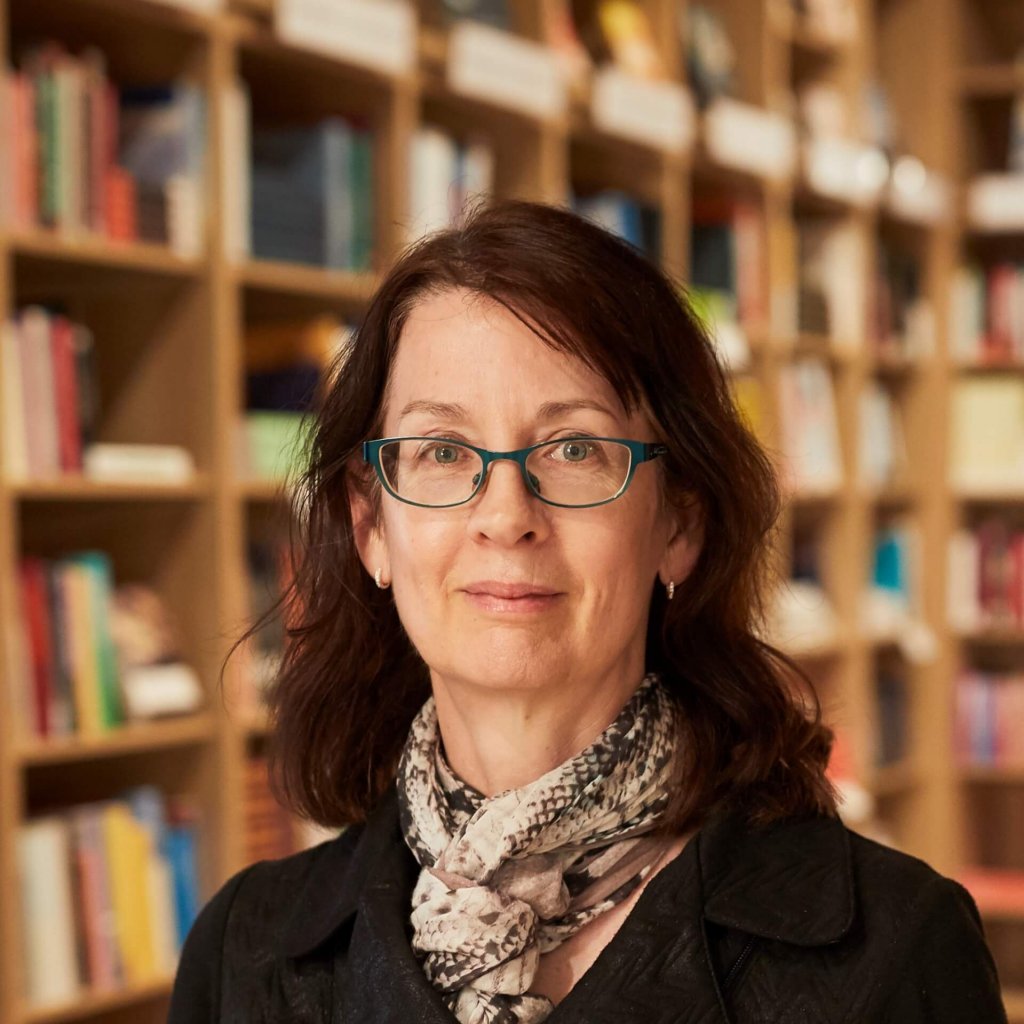
Deborah Lupton, Keynote speaker
Deborah Lupton is SHARP Professor in the Faculty of Arts, Design & Architecture, University of New South Wales (UNSW) Sydney, Australia. Her research is interdisciplinary, spanning sociology, communication and cultural studies.
Lupton is the author/co-author of 19 books, including Data Selves (2019), The Face Mask in COVID Times (2021) and COVID Societies: Theorising the Coronavirus Crisis (forthcoming). She has also edited/co-edited a further nine books and published over 200 peer-reviewed journal articles and book chapters.
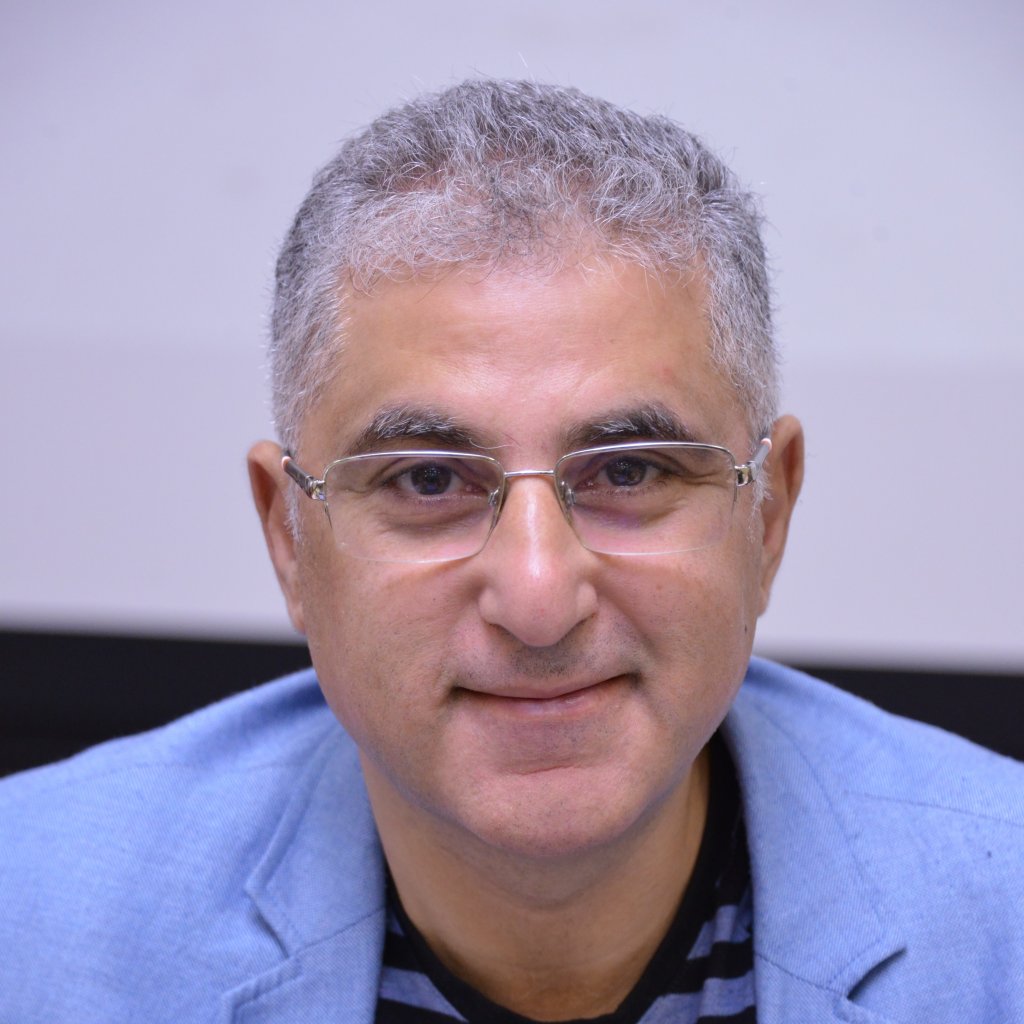
Sari Hanafi, Welcome
Sari Hanafi is a Professor of Sociology at the American University of Beirut and President of the International Sociological Association.
His recent books include Knowledge Production in the Arab World: The Impossible Promise (with R. Arvanitis) (in Arabic, Centre for Arab Unity Studies, and in English, Routledge, 2016), and he is the winner of the 2014 Abdelhamid Shouman Award and 2015 Kuwait Award for social science.
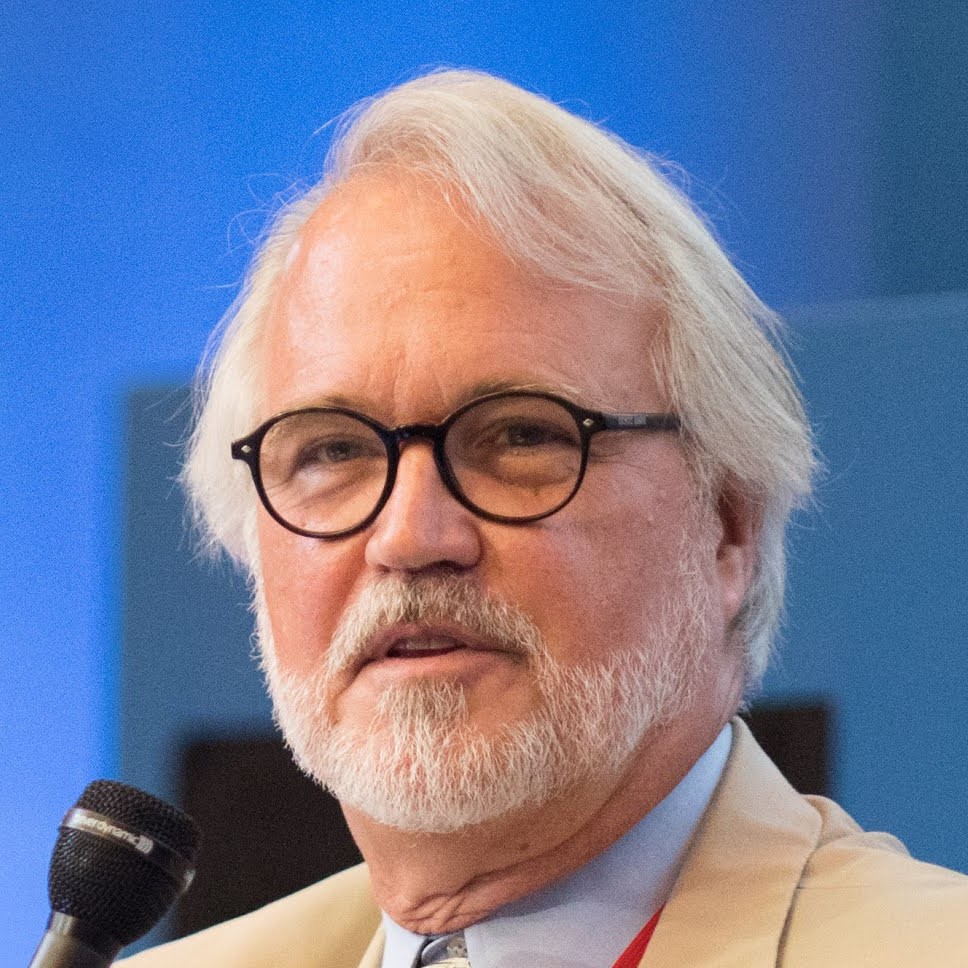
Craig Calhoun, Moderator
Craig Calhoun is University Professor of Social Sciences at Arizona State University. Previously, he was Director of the London School of Economics and Political Science (LSE), President of the Berggruen Institute, and President of the Social Science Research Council. His publications address politics, economics, the impact of technology, and social change.
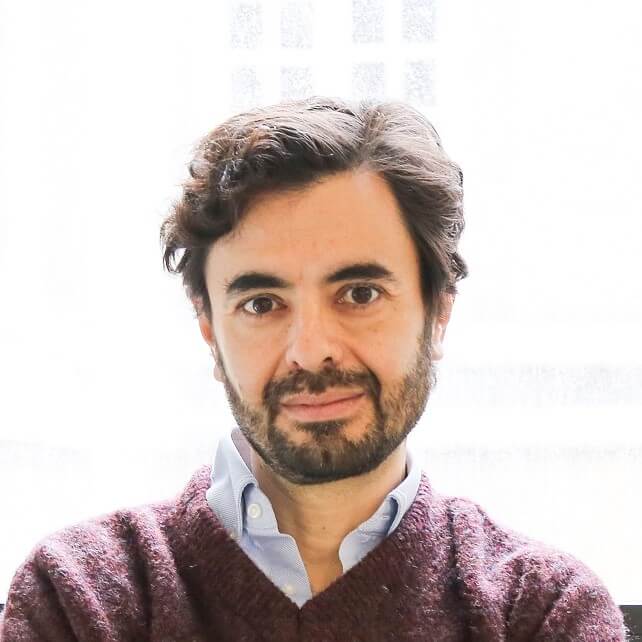
Ettore Recchi, Discussant
Professor Ettore Recchi is the Director of the MA and PhD programs in Sociology at Sciences Po Paris and visiting fellow of the Migration Policy Centre, European University Institute, Florence. A methodologically versatile scholar, Recchi has published about 120 papers, book chapters, edited volumes and monographs. His last book is Everyday Europe: Social Transnationalism in an Unsettled Continent (Policy Press, 2019), a co-authored work on European integration ‘from below’.
In 2020-2021, Recchi is coordinating two research projects on Covid: at Sciences Po, Coping with Covid (CoCo) on the impact of the pandemic on social life in France; at EUI, The Airport Factor on the effect of air travels on the spread of the disease globally.
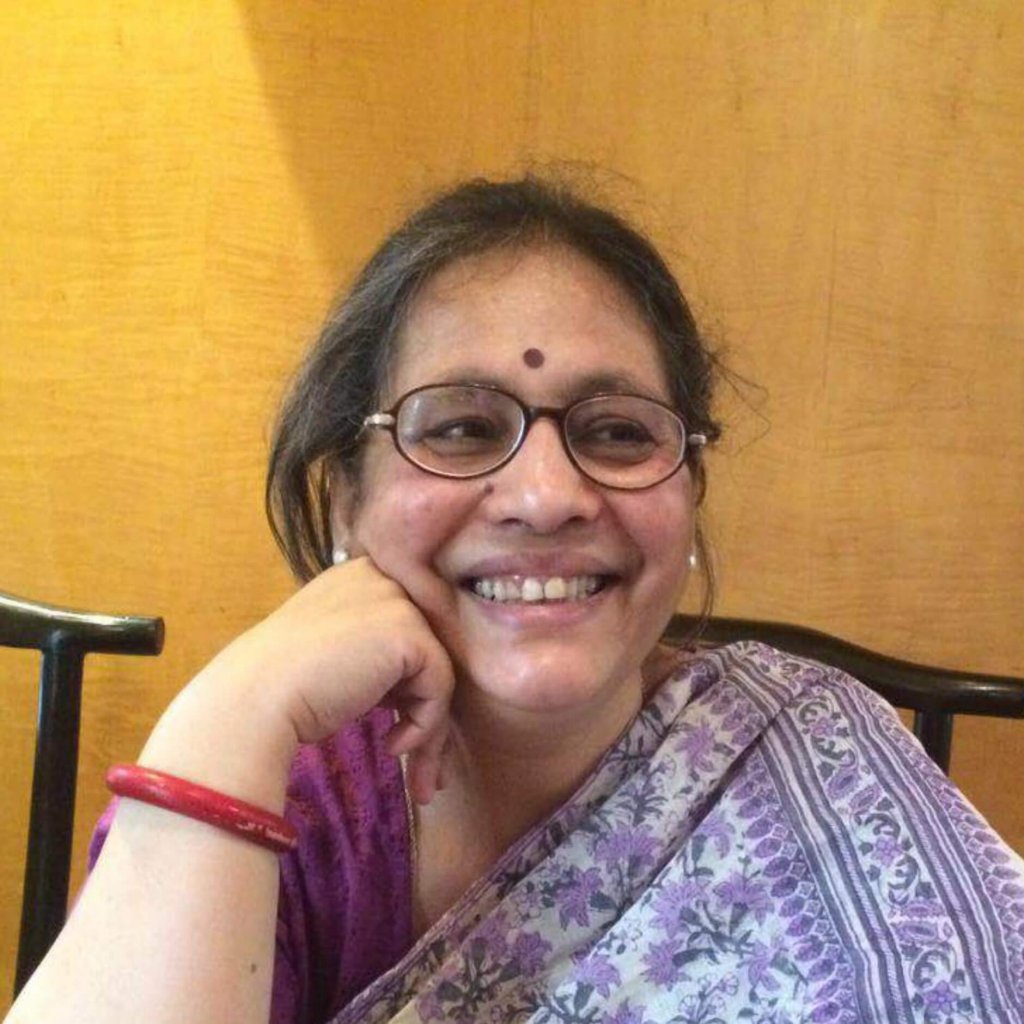
Maitrayee Chaudhuri, Discussant
Maitrayee Chaudhuri is a former Professor of Sociology at Jawaharlal Nehru University, New Delhi. Her research has been on feminism, media, and the practice of sociology in India. It is her engagement with teaching that led to a broad interest in education, particularly the social sciences and their role in a democratic and just society. To further a greater connection between academic scholarship with the wider public, she, along with her students, has initiated a blog called ‘Doing Sociology’ to promote accessible and informed discussions.

Mounir Saidani, Discussant
Mounir Saidani is Professor of Sociology at the High Institute of Human Sciences, Tunis Al-Manar University, Tunisia. He is interested in socio-anthropology of culture, knowledge and art, socio-cultural change in contemporary Tunisia and the Arab World.
He published and translated several books and articles in Arabic, French and English in Tunisia and abroad. One of his latest publication is a 1418 pages Report on the Religious State in Tunisia 2011-2015. He is leading a multidisciplinary research unit working on “Knowledges, Cultures and Social Change”. Saidani is also a member of the Executive Committee of the International Sociological Association. He is the Editor in Chief of the Tunisian Review of Social Sciences edited, since 1964, by the Centre for Economic and Social Studies and Researches (CERES, 1962).

In partnership with:
International Sociological Association (ISA)
Image by Tim Dennell via Flickr (CC BY-NC 2.0)